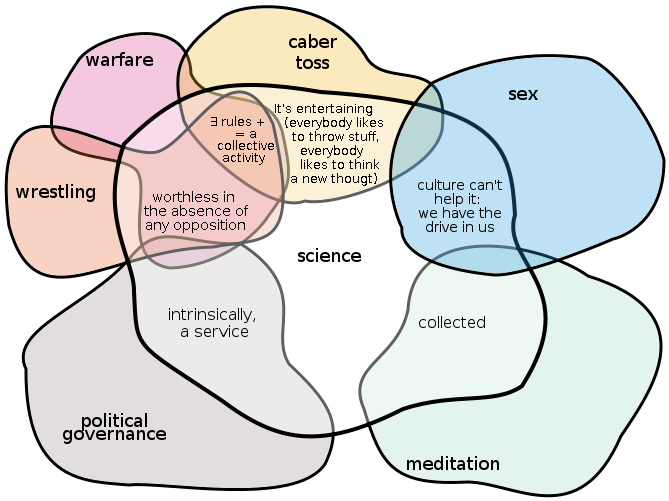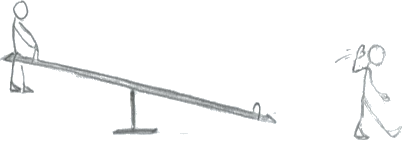[This is an old draft]
What is it like to you?
As a warm up, here is a first description:
It’s the experience if discerning a path of understanding you hadn’t noticed before, and feeling a clear tinge of anxiety from knowing the path doesn’t lead to any place you are familiar with, and simultaneously feeling a great calm from the certainty that you can map this particular path and other people can take it too.
NB: The description of the experience of science deserves a space of its own on In case of Peace. We hope to collect lots of different accounts from fellow scientists … That said, the priority of In case of Peace is not to describe the experience of science to you but to make you experience it first hand.



